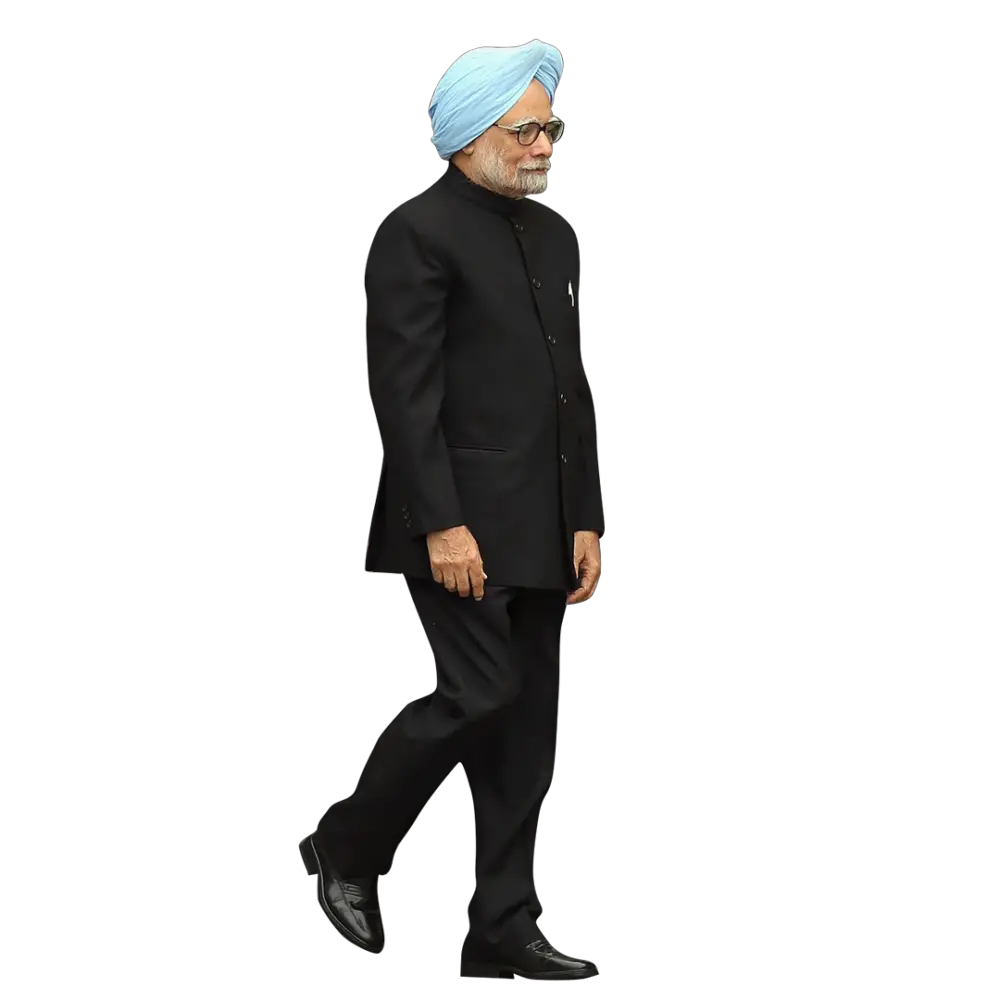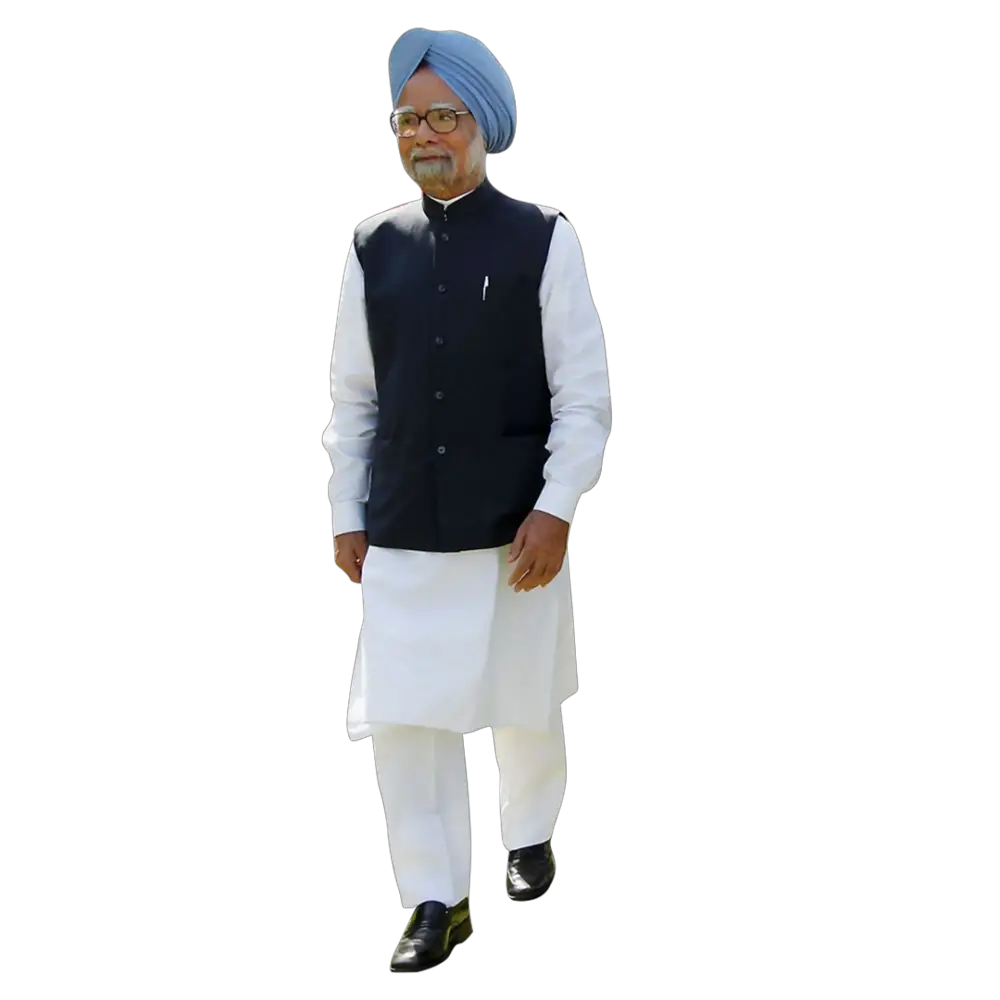Early Life and Academic Excellence
Dr. Manmohan Singh, often hailed as the architect of modern India’s economic reforms, left an indelible mark on the nation’s history through his unparalleled dedication, integrity, and visionary leadership. His journey from a humble beginning in a small village in Punjab to becoming the 14th Prime Minister of India is a testament to his exceptional intellect and unwavering commitment to public service.
Transformative Economic Reforms
Born on September 26, 1932, Dr. Singh’s early life was marked by academic excellence. He pursued his education with remarkable vigor, earning a doctorate in economics from Oxford University. His deep understanding of economic principles and policies set the stage for his future endeavors. In the early stages of his career, Dr. Singh served in various prestigious roles, including as the Chief Economic Advisor and the Governor of the Reserve Bank of India. However, it was his tenure as the Finance Minister in the early 1990s that truly transformed India’s economic landscape.

Leadership as Prime Minister
In 1991, India was on the brink of an economic collapse. Facing a severe balance-of-payments crisis, the newly appointed Finance Minister, Dr. Singh, unveiled a series of bold economic reforms that would alter the trajectory of the nation. His policies focused on liberalizing the economy, reducing government control, and encouraging foreign investment. The dismantling of the License Raj, a complex system of licenses and regulations, was a pivotal move that spurred industrial growth and entrepreneurship. These reforms not only revived India’s economy but also laid the foundation for its emergence as a global economic powerhouse.
A Legacy of Integrity and Service
Dr. Singh’s approach was characterized by pragmatism and a deep understanding of the global economic environment. He believed in inclusive growth and worked towards ensuring that the benefits of economic liberalization reached all sections of society. His tenure saw significant investments in infrastructure, education, and technology, which fueled rapid economic growth and poverty reduction. Despite facing numerous political challenges, Dr. Singh remained steadfast in his commitment to economic reform and social justice.
Final Thoughts
In 2004, Dr. Singh’s journey took a new turn when he was appointed as the Prime Minister of India. As the first Sikh to hold this office, he brought a sense of dignity and integrity to the role. His leadership style was marked by humility, intellectual rigor, and a deep sense of responsibility towards the nation. Dr. Singh continued to champion economic reforms, focusing on enhancing India’s global standing and fostering inclusive growth. His government introduced several key initiatives, including the National Rural Employment Guarantee Act and the Right to Information Act, which empowered millions and strengthened the democratic fabric of the country.
Remembering Dr. Manmohan Singh

Dr. Singh’s legacy extends beyond his economic contributions. He is widely respected for his honesty, ethical conduct, and unwavering dedication to public service. Throughout his career, he remained above political bickering and focused on the larger goal of nation-building. His calm demeanor and consensus-building approach earned him respect across the political spectrum.
In conclusion, Dr. Manmohan Singh’s life and legacy are a source of inspiration for generations to come. His contributions to India’s economic development and his unwavering commitment to integrity and public service have left an enduring impact on the nation. As we reflect on his remarkable journey, we are reminded of the profound difference that visionary leadership and steadfast dedication can make in shaping the future of a nation.